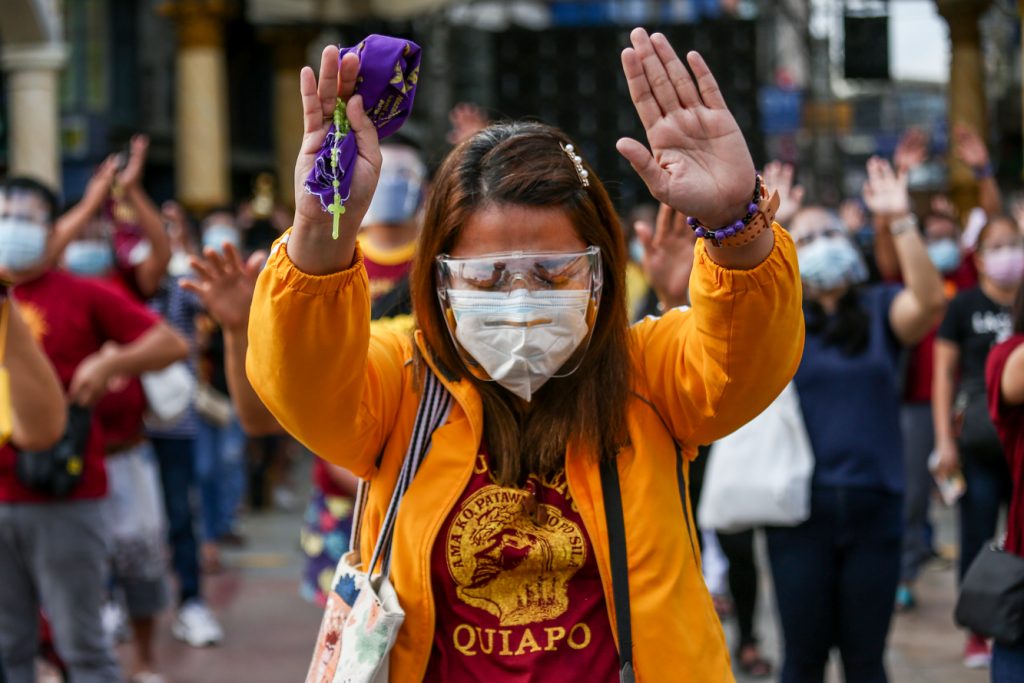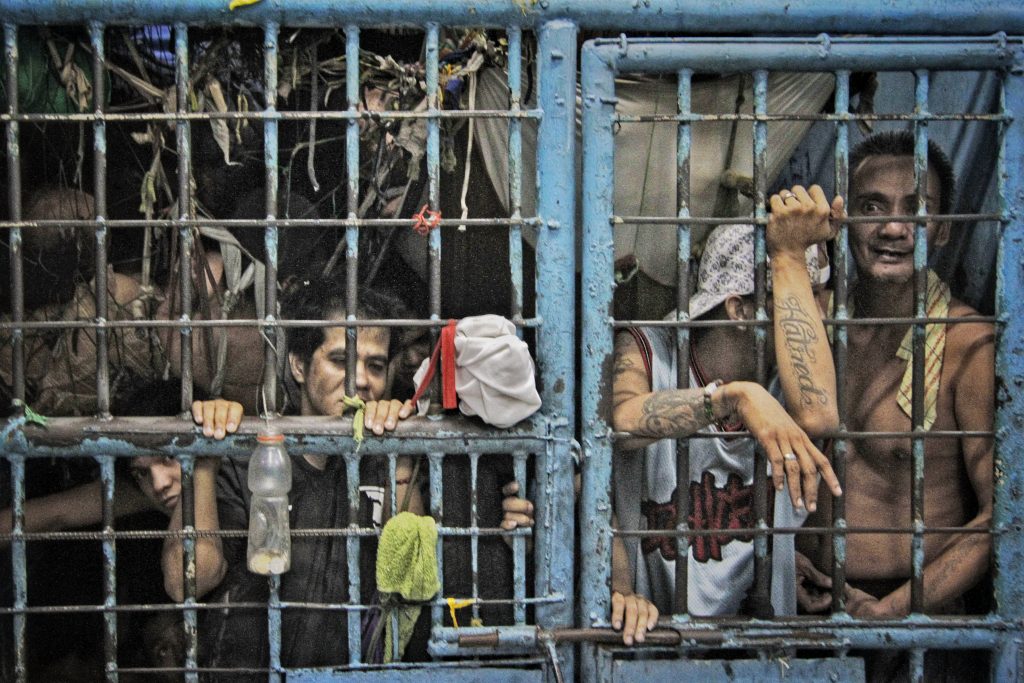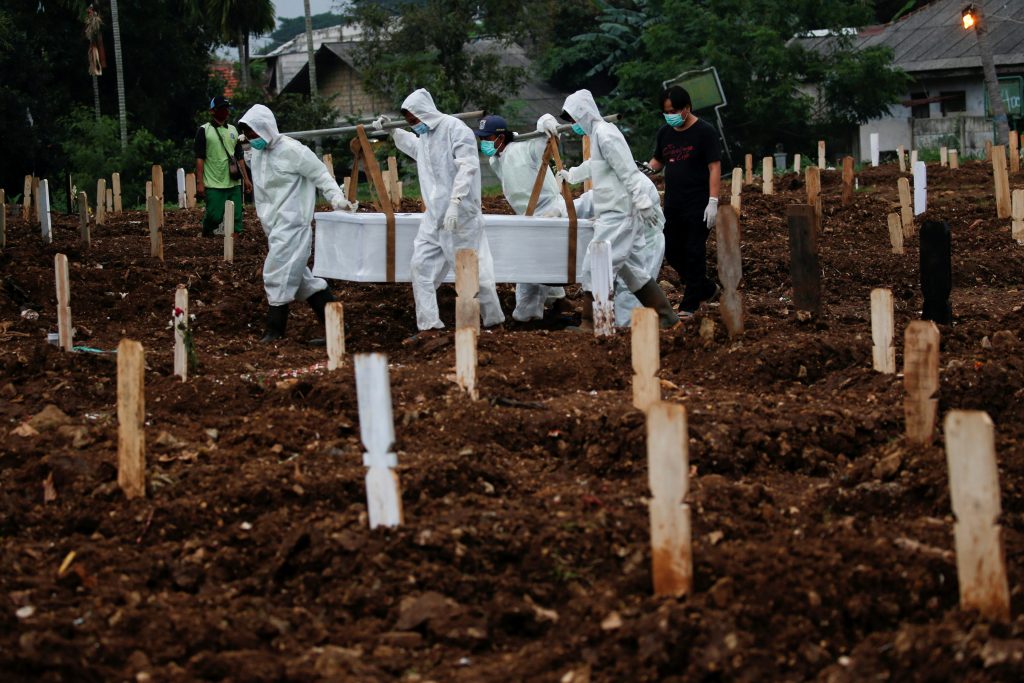
Today we enter again into a season of penance and fasting, and we are called upon by our readings to humble ourselves before God and before one another.
We have ashes imposed on our heads, as close to our brains as possible, as a way of being reminded: keep this in your head—we are but dust and ashes, wala tayong dapat ipagmalaki o ipagyabang, nothing to boast about.
When God reclaims the breath of life that he has breathed upon us, we who have been created from dust return to dust—like everything else around us, including our bodies and all the material things that we may have accumulated, all the money and power and fame.
We will all end up as dust and ashes. This is the statement that we make as we enter again into the season of Lent; it is a statement that becomes meaningful only if we learn to strip ourselves of any kind of boastfulness, arrogance or haughtiness.
In today’s Gospel, I hear Jesus echoing the prophet Isaiah, who once upon a time already asked the same questions about fasting, how this meaningful ritual can easily become meaningless when we fail to do it properly.
Listen to how Isaiah verbalizes the lament of Israel in Chapter 58:1-12, “Why do we fast and you do not see it? Why do we afflict ourselves and you do not take note of it?”
Actually, this question should be coming from us as we continue to go through this seemingly endless pandemic. This is probably the longest Lent that we have ever experienced; it started 339 days ago, on March 15, 2020, the first time we experienced a lockdown, and the whole nation was put under quarantine.
I wonder if the Lord has decided to put another zero to 40, which is supposed to be the regular duration of a quarantine. Will our prolonged Lent last for 400 days, not 40 days? Do we even hope to see an end to it in another 61 more days? I am not asking, I am lamenting.
Like the prophet Isaiah, I am tempted to ask, “Lord, why do we fast and you do not seem to see it? Why do we afflict ourselves and you do not seem to take note of it? We have been praying our “Oratio Imperata” for the past 339 days now, and we are still praying it.
The prophet has a quick response to Israel’s lament, “Is this the manner of fasting that I wish? That you bow your head like a reed and lie in sackcloth and ashes? Is this what you call fasting? A day acceptable to the Lord?” Then he declares, “This, rather, is the kind of fasting that I wish: releasing those detained unjustly, untying their yokes and setting them free…”
I wonder how many people are unjustly detained in our country today. Have we even cared to ask? I never thought before that our indifference to their suffering can indefinitely prolong our Lent and make our rituals of penance meaningless. That our cries to heaven bounce back to us when we ourselves are unable to hear the cries of widows and orphans.

It was on exactly this day, February 17, 2017, that a local court pressed drug-related charges against a lady senator. That’s four years ago now, and the charges against her remain unproven; but she continues to suffer in detention.
If this kind of injustice can be done to a duly-elected legislator of the country, I wonder what it’s like for ordinary people who have also been unjustly detained for non-bailable charges and continue to suffer, away from their loved ones who need them.
If we cannot hear their cries, how do we expect God to hear our own cries? We can at least offer our Lenten fast for them, perchance the Lord will put an end to our own quarantine.
I also think of the people of Myanmar and another courageous lady named Aung San Suu Kyi and the countless other Burmese people who have been unjustly detained for no other reason than they had won in the recent election and the military could not accept their defeat.
I think also the archbishop of Yangon, Cardinal Bo, who came to our country as Papal Legate during the last Eucharistic Congress in Cebu. He is like a voice in the wilderness crying out for an end to conflict in his beloved country that has known conflict far too long. I also invite you to include them in our Lenten fast and penance.
I think of the displaced peoples around the world, people who have become homeless because they flee from places of conflict and wars. I think of people who suffer from exclusion because of racial, ethnic, religious, political, economic, or any form of intolerance. Their cries must reach us first, if we want our own cries to reach the heavenly throne.

I think of the countless people who have suffered because of this pandemic, and those among them who have died alone, whose families have not even had the chance to grieve their loss together. I think of their loved ones and how poignantly the ashes of Ash Wednesday must speak to them now as they hold on to the ashes of their departed ones who have died during this pandemic.
I think of those who have lost their jobs, those who have lost their businesses and means of livelihood. I think of those who are hungry and those who could not pay their rent and have become homeless. If we are to include them in our Lenten fast, we must listen well to the words of the prophet.
He says: “This is the fasting that I want: that you share your bread with the hungry, shelter the oppressed and the homeless, clothe the naked when you see them and not turn your back on your own.”
The exhortation comes with a promised reward; he says it is only then that your cries can reach God’s ears: “Then your light shall break forth like the dawn and your wound shall quickly be healed; your vindication shall go before you, and the glory of the Lord shall be your rear guard. Then you shall call and the Lord will answer, you shall cry for help and he will say, Here I am! If you remove from your midst oppression, false accusation and malicious speech, if you learn to break bread with the hungry and satisfy the afflicted; then light shall rise for you in the darkness, and the gloom shall become for you like midday.”
Homily of Bishop Pablo Virgilio David of Kalookan for Feb. 17, 2021, Ash Wednesday
Source: Licas Philippines
0 Comments